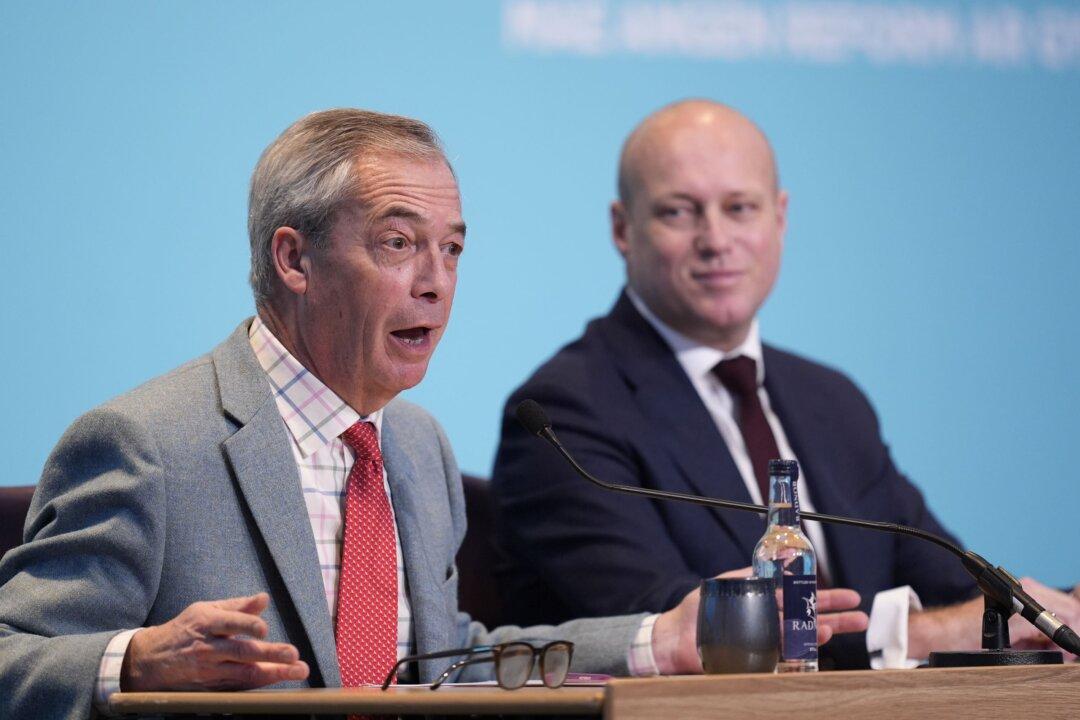Attempts to scrap controversial curbs on protests have been rejected by Government MPs.
Opposition MPs led efforts to amend the Police, Crime, Sentencing and Courts Bill but found their proposal was rejected in the voting lobbies of the House of Commons.




